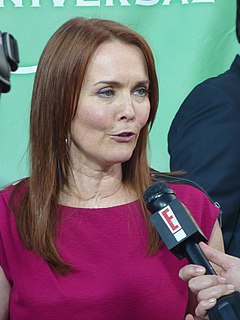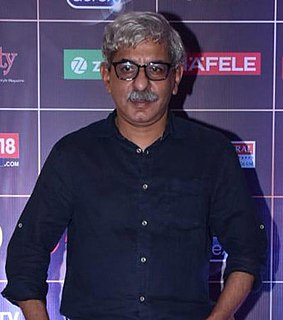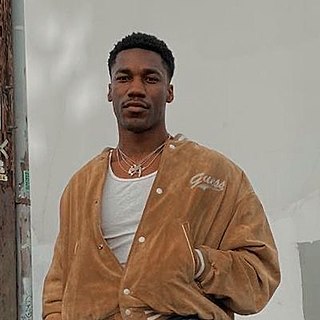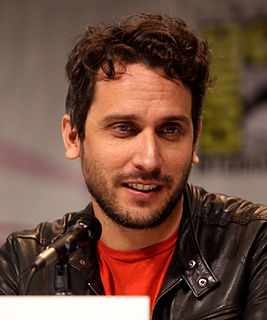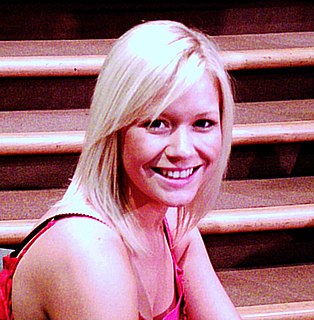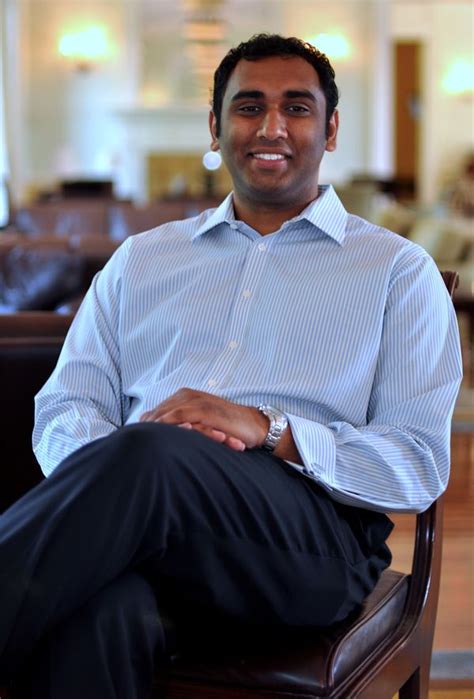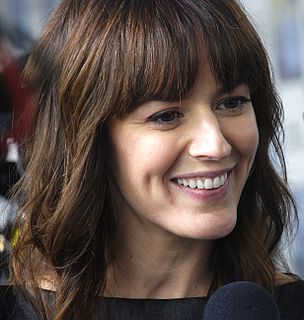A Quote by Laura Innes
We try to be driven by what's a good story, what's truthful, and the drama of what happens next.
Related Quotes
You have to do three things really well to make a successful film. You have to tell a compelling story that has a story that is unpredictable, that keeps people on the edge of their seat where they can't wait to see what happens next. You then populate that story with really memorable and appealing characters. And then, you put that story and those characters in a believable world, not realistic but believable for the story that you're telling.
In a film, there are dramatic moments and a bunch of different moments that lead up to a dramatic moment. On some songs, I try to paint the picture of before that drama happens, so by the time you get to the end of the project you've experienced infatuation and intimacy before it dives off to drama.
When an acting teacher tells a student 'that wasn't honest work' or 'that didn't seem real,' what does this mean? In life, we are rarely 'truthful' or 'honest' or 'real'. And characters in plays are almost never 'truthful' or 'honest' or 'real'. What exactly do teachers even mean by these words? A more useful question is: What is the story the actor was telling in their work? An actor is always telling a story. We all are telling stories, all the time. Story: that is what it is all about.
The story [for the western genre] is everything. Whether it's a book or a screenplay, the story drives everything. And if you just go out and try to make one by putting on boots and jumping on a horse and riding off... If you don't have the material, the characters and the things to overcome and conflicts that give life to drama, you don't have it.
